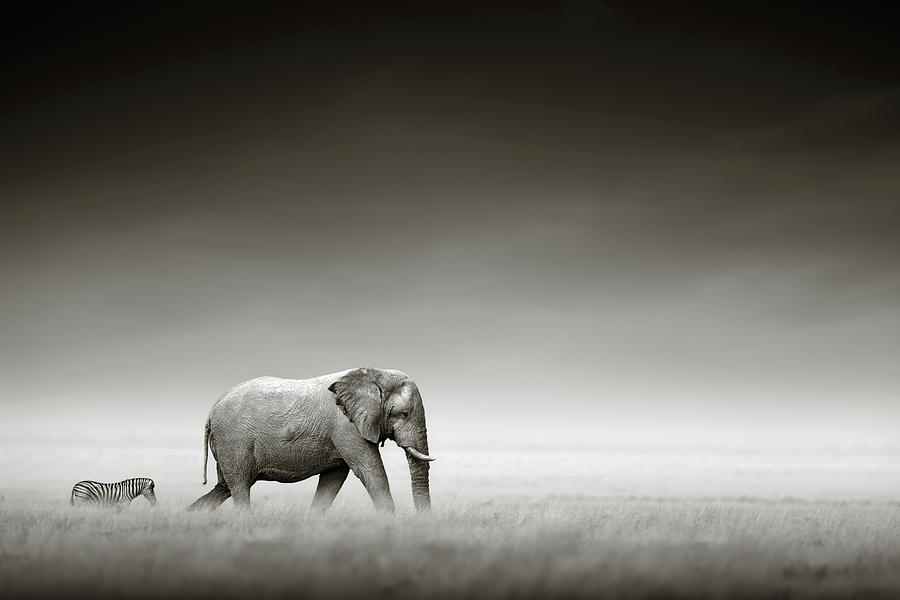It’s misleading to say ecological problems in Africa are caused by overgrazing and deforestation, not climate change.

A Whatsapp user shared a screenshot of a claim saying ecological problems in Africa are caused by overgrazing and deforestation, not climate change.
We traced the origin of the post using Twitter’s advanced search and found out that the post shared with us was actually part of a conversation thread between two people who were discussing politics and wars.
We checked the activity of the account attached to the claim shared using Truth Nest, and we established that most of the tweets are about current affairs, which the user mostly expresses in replies to comments on the posts. The account had a 10 percent likelihood of being a bot.
According to the Cambridge and Oxford dictionaries, the term “ecological” refers to or is concerned with how living things interact with one another and their physical surroundings. If we apply this to the assertion, it simply means that climate change is not to blame for the alteration in how Africans interact with their environment.
You might be wondering what “climate change” is exactly. This is known as a long-term change in temperatures and weather patterns brought on by natural processes like variations in the solar cycle and human activities, which have been identified as the primary drivers since the 1800s, per the United Nations. The main way that human activity affects climate is through the release of heat-trapping greenhouse gases into the atmosphere.
To put it simply, overgrazing is the practice of grazing livestock on a piece of land for an extended period of time, which depletes the soil’s fertility and damages the vegetation, making the area vulnerable to erosion. Deforestation, on the other hand, is the practice of removing trees and other vegetation in order to increase the area’s surface area or obtain wood for industrial or other purposes, according to the United Nations Information on Multilateral Environmental Agreement, InforMEA.
In contrast to the assertion, overgrazing and deforestation take time to manifest their effects on the environment, making them just two examples of human activities that contribute to climate change. There are, however, a lot of additional factors.
Therefore, it’s misleading to say that climate change has nothing to do with the ecological problems in Africa.
In Africa, where deforestation alone resulted in an annual loss of 4.4 million hectares of forest between 2015 and 2020, it is obvious that these two practices are present.
Graph:
Due to these two practices, the land becomes less resilient to climatic changes and deteriorates, resulting in desertification. It also reduces the soil’s ability to store carbon, which in the end leads to a rise in the earth’s temperature.
According to the Food and Agriculture Organization of the United Nations (FAO), as soils dry out, they are typically less able to trap carbon from the atmosphere, which causes climate change.
The United Nations state that "as the planet warms, extreme weather events, including longer and more intense droughts, heavier rainfall leading to floods and landslides, and more frequent and intense tropical storms, worsen land degradation."
Rating/Verdict:
The assertion that the ecological problems in Africa are caused by overgrazing and deforestation and not climate change is misleading because the mentioned causes are activities that lead to climate change, hence affecting the environment in which these activities are done.
This fact-check was produced by the Debunk Media Initiative with support from Code for Africa’s PesaCheck, the International Fact-Checking Network, and the African Fact-Checking Alliance network.
2021 Africa Check Award-winning Fact-Checker, Media Challenge Initiative Fellow class of 2020, 2022 Code For Africa and International Fact-Checking Network Climate Change Fact-Checking Fellow, 360 Digital Sherlock, trained by the Atlantic Council’s Digital Forensic Research Lab in open-source intelligence.







